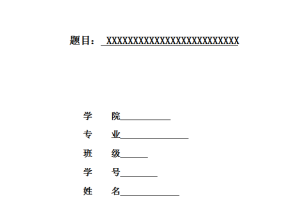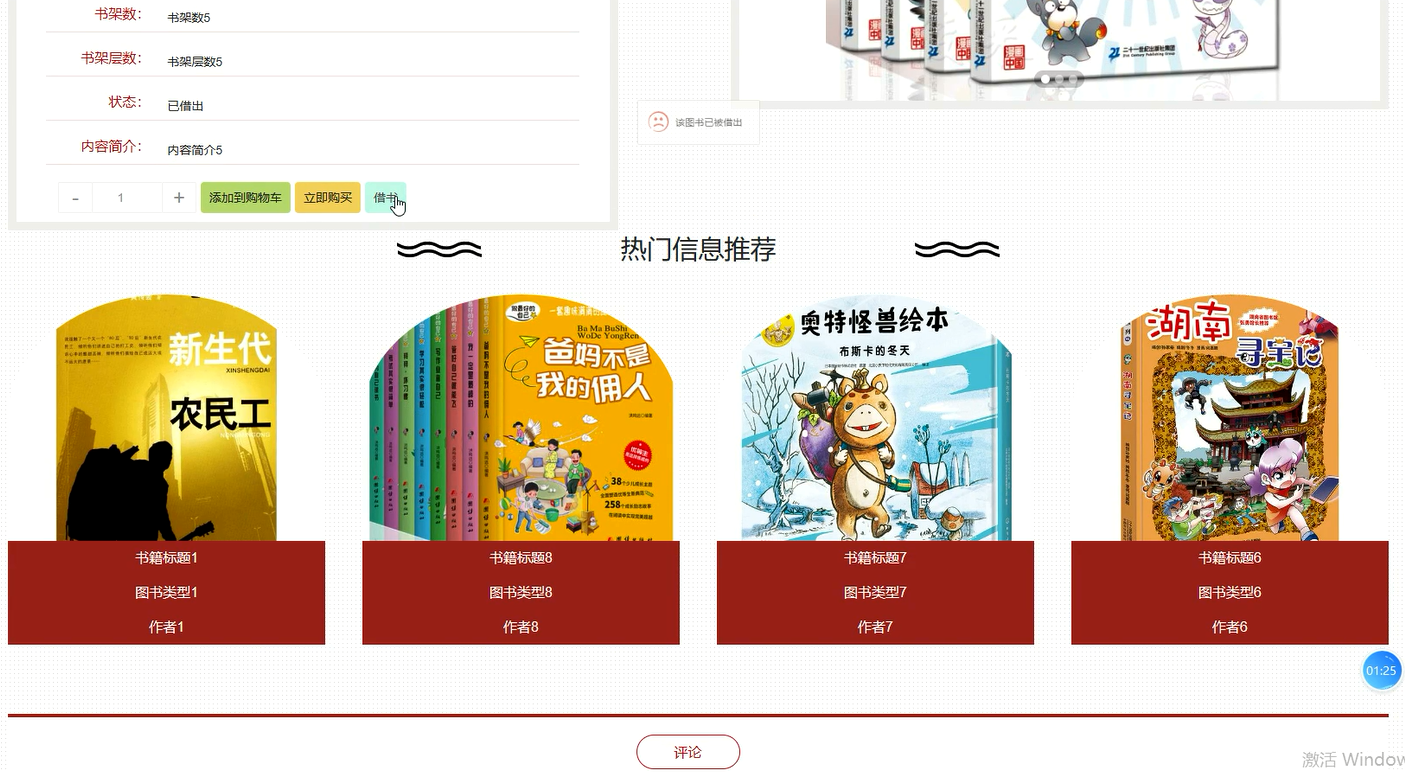摘 要
改革开放35年以来,我国经济快速发展,取得令世界瞩目的成就。根据统计资料以及媒体报道,2010年我国经济总量国内生产总值(GDP)已跃居世界第二,仅次于美国。这是我国社会主义市场经济改革的重要成果。社会主义市场经济的发展,激发了全社会活力,推动国有企业和民营企业的转型与发展。在改革开放进程全面推动的过程中,民营企业已然作为我国经济发展的重要组成部分,为我国经济发展做出了不可磨灭的贡献。截至2013年,我国民营企业GDP总量占全国GDP总量超过60%,税收贡献占比超50%。因此,本文将针对民营企业问题进行研究。
企业发展离不开外部环境的支持,尤其是融资环境。在我国,由于银行业一直是我国金融发展的主体与核心,处于货币供给的垄断地位,因此企业融资来源主要是银行信贷。然而,民营企业由于制度约束,与国有企业相比,民营企业融资难是其发展的一个重要瓶颈。近年来,较多学者关注并研究建立政治关联与获得融资便利和政策优惠等相关关系。为此,本文也参与讨论,试图从政治关联视角进一步研究民营企业在贷款过程中存在预先存入资金或贷款后被留存[1]的资金借贷现象。
本文选取2006-2011年我国民营主板上市公司为研究样本,经过数据筛选,最终我们得到了1696个样本。实证检验了政治关联与企业贷款留存[2]的关系。研究结果发现:(1)与无政治关联的企业相比,拥有政治关联的企业在向银行贷款时,缩小了企业贷款留存;(2)从金融市场化角度出发,我们发现不同地区间金融竞争水平与贷款留存负相关。进一步,我们检验了政治关联与金融竞争的交互项对企业贷款差额的影响,结果发现,虽然系数为正,但并不显著。(3)从借贷资金价格来看,名义贷款利率与贷款留存负相关。进一步,我们检验政治关联与名义贷款利率交互项对贷款留存的影响,结果发现,系数为正,并且显著。(4)本文还检验了金融危机前后政治关联对企业贷款留存的影响,结果发现,金融危机前,政治关联能够降低贷款留存,并且显著;但金融危机之后,并不显著。
ABSTRACT
Since the reform and opening up 35 years, China’s rapid economic development, so that the world has made remarkable achievements. According to statistics and media reports, in 2010 China’s economic aggregate gross domestic product (GDP) has leapt to second in the world after the United States. This is an important achievement of the socialist market economic reform. The development of the socialist market economy, stimulate the vitality of the whole society, and promote the transformation and development of state-owned enterprises and private enterprises. In the process of comprehensive reform and opening up the process to promote private enterprise is already an important part of China’s economic development, China’s economic development has made an indelible contribution. As of 2013, the total GDP of private enterprises accounted for over 60% of the country’s total GDP, accounting for over 50 percent of tax contributions. Therefore, this study will be conducted for private enterprise problems.
Enterprise development is inseparable from the support of the external environment, especially the financing environment. In China, due to the banking sector has been the main core of China’s financial development, in a monopoly position in the money supply, and therefore the main source of corporate finance bank credit. However, private enterprises due to institutional constraints, compared with the state-owned enterprises, private business financing is an important bottleneck in its development. In recent years, more attention and research scholars associated with obtaining financing the establishment of political convenience and preferential policies, such as correlation. Therefore, this article also participate in the discussion, trying from the perspective of political association and further study the phenomenon of borrowing money in advance or loan funds deposited after the retention of private enterprises exist in the lending process.
This paper selects 2006-2011 board of listed private companies as samples, after data screening, and eventually we got the 1414 samples. Empirical test of political association and corporate loans retained relationships. The results showed that: (1) Compared with the non-political association of enterprises, with associated enterprises in politics to bank loans, corporate loans narrowed retained; (2) from a financial market perspective, we find that financial competition between different regions negatively correlated with the level of loans retained. Further, we examine the impact of political competition associated with the interaction term financial loan balance of the enterprise, and found that although the coefficient is positive, but not significant. (3) borrow funds from the price point of view, the nominal interest rate and the loan retained a negative correlation. Further, we examine the effects of politics associated with the interaction term nominal interest rate on loans retained and found that the coefficient is positive and significant. (4) This paper also examines the impact of political connections on corporate loans retained after the financial crisis, found that before the financial crisis, the political association can reduce the loan retained, and significantly; but after the financial crisis, is not significant.
KEY WORDS: Political connections ; Nominal loan ; Private Listed Companies
目 录
4.1.1政治关联和企业名义贷款与实际贷款差异的有关假设… 21
4.1.2政治关联、金融竞争与企业名义贷款与实际贷款差异的有关假设… 21
4.1.3政治关联、名义贷款利率和企业名义贷款与实际贷款差异的有关假设… 22
6.1.1政治关联和企业名义贷款与实际贷款差异之间是负向关系… 32
6.1.2政治关联、金融竞争程度和企业名义贷款与实际贷款的差异的关系… 32
6.1.3政治关联、名义贷款利率和民营企业名义贷款与实际贷款差异的关系… 33





